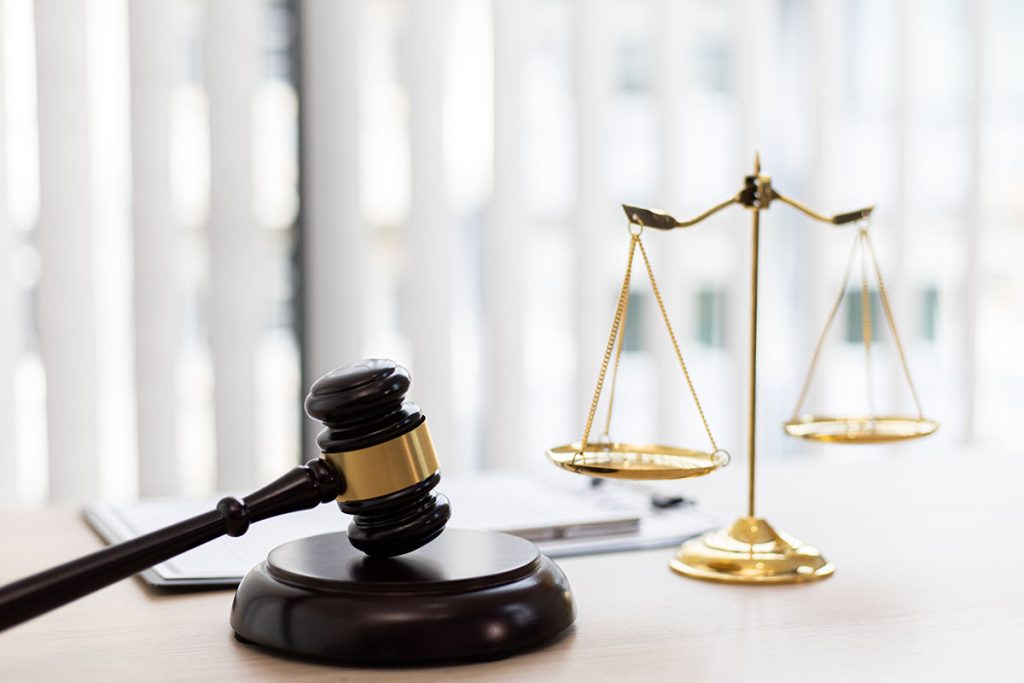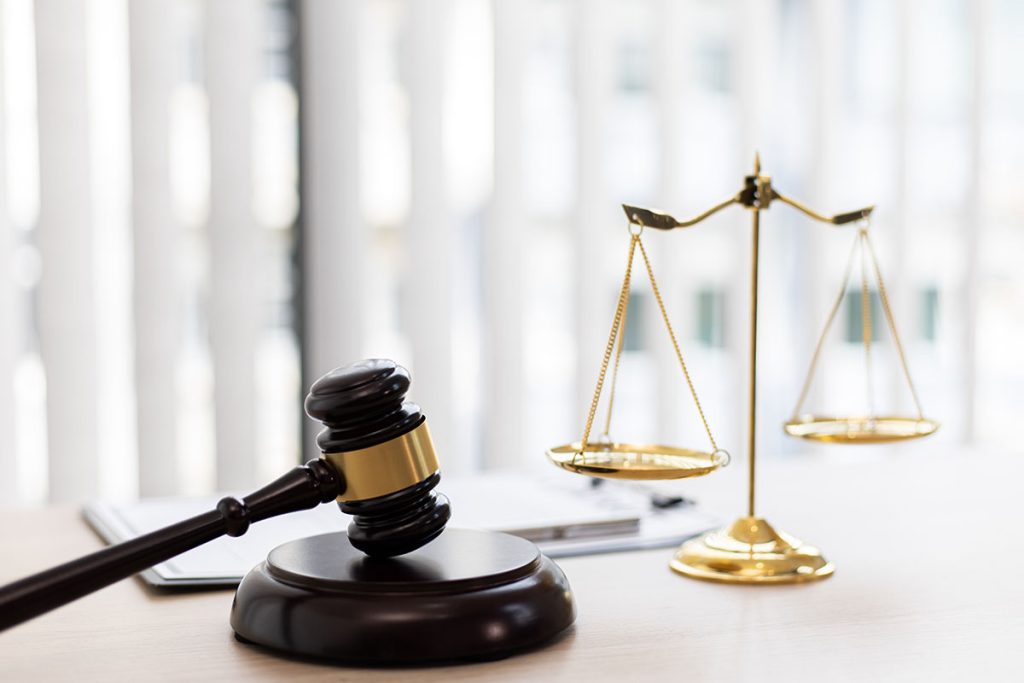What age should you write a will? In Georgia, anyone who is at least 14 years of age can make a will, but few of us seriously think about it when we are young. Eventually, we realize that our loved ones will someday have to manage without us, and we wonder if it is time to think about a will yet. When is the best time to create a formal last will and testament?
When a person dies without a will, or intestate, their estate passes to their next of kin according to state law. This often leads to a fractional division of the whole estate—for example, between a spouse and children or between two parents. Dividing the estate by fractions is complicated, time-consuming, and expensive, even if the parties have good relationships, which is not always the case. A will can avoid these issues.
Regardless of your age, any significant life changes or property acquisitions should prompt you to create or modify a will. In the course of a long life, you could go through several versions of your will as your family grows and your assets change. Even a simple handwritten will, if properly executed, can protect at least some of your family’s interests.
When You Become a Parent
If you have a child, it is best to have a will or to update the one that you have. Even if you do not have much of an estate, your child will need guidance. In the event of your death, your will can name the person you want as your minor child’s guardian. This is vitally important if you are your child’s sole parent. If your child has another parent, it is still important to make this plan in case something happens to both of you at once. On the death of a parent, the prospective new legal guardian must file in the local probate court for guardianship. If you have named them in your will, they will be granted testamentary guardianship.
Creating a will also allows you to avoid the confusion of property among widowed spouses or children. In Georgia, a spouse is the sole heir of a married person who died without any children. But if the deceased person had one child, the estate is divided in half. If they had more than one child, the spouse takes one-third, and two-thirds of the estate is divided among the children. Untangling this situation in probate court, especially with minor children, would be a headache that a grieving family does not deserve.
When You Marry or Divorce
Whether or not you have children or a large estate, your spouse needs to be part of your will. If you had already had a will at the time of your marriage, your new spouse would have rights to a share of your estate in any case, causing further confusion when it passes through probate court. It is better to prepare a clean will, working closely with your spouse and an experienced probate attorney to make sure you are both familiar with what will need to happen if you pass away.
If you do not change your will after a divorce, a probate court will treat your will as if the ex-spouse named in it predeceased you. This will lead to further administrative difficulties for your surviving family and possible conflicts with your ex-spouse and their family.
When You Acquire Major Assets
If you become a full or partial owner of—
- Real estate
- Shares or stock
- A business or corporate entity
- High-value assets (technical equipment, aircraft, art, jewelry, etc.)
—you will want to consult an attorney about revising your will. These assets often come with debts, taxes, operating costs, and other responsibilities, and a simple bequest may not be the right way to handle them.
Your attorney can advise you as to whether some assets should be made transferable on death, avoiding the probate process entirely, or devised to a testamentary trust. An experienced business succession attorney can also help create a plan to preserve your business.
When You Look Forward to Your Senior Years
Although many assume that writing wills is for the elderly and sick, it is better to create one well before you reach that stage. As you contemplate your senior years, you should discuss your estate with an elder law attorney.
A will is only one part of a careful plan for a senior’s estate. Your attorney can help create end-of-life plans that protect your assets not only within the will but outside of it, such as powers of attorney that will allow those you trust the most to take charge when you cannot and irrevocable trusts that place assets outside of probate before your death.
Careful will drafting can make sure that your wishes are respected after death. For example, inheritance trusts can ensure that your loved one’s gift is safer than it might be as an outright bequest, and can protect your gifts to the community.
No matter what average age to write a will assets you hold, you will want to ensure peace of mind for yourself and your loved ones during major life changes. If you live in Georgia, talk to a Georgia estate lawyer who understands how to plan for your future. Call Bascom Law, PC at 770-285-5493 to schedule your appointment today.







